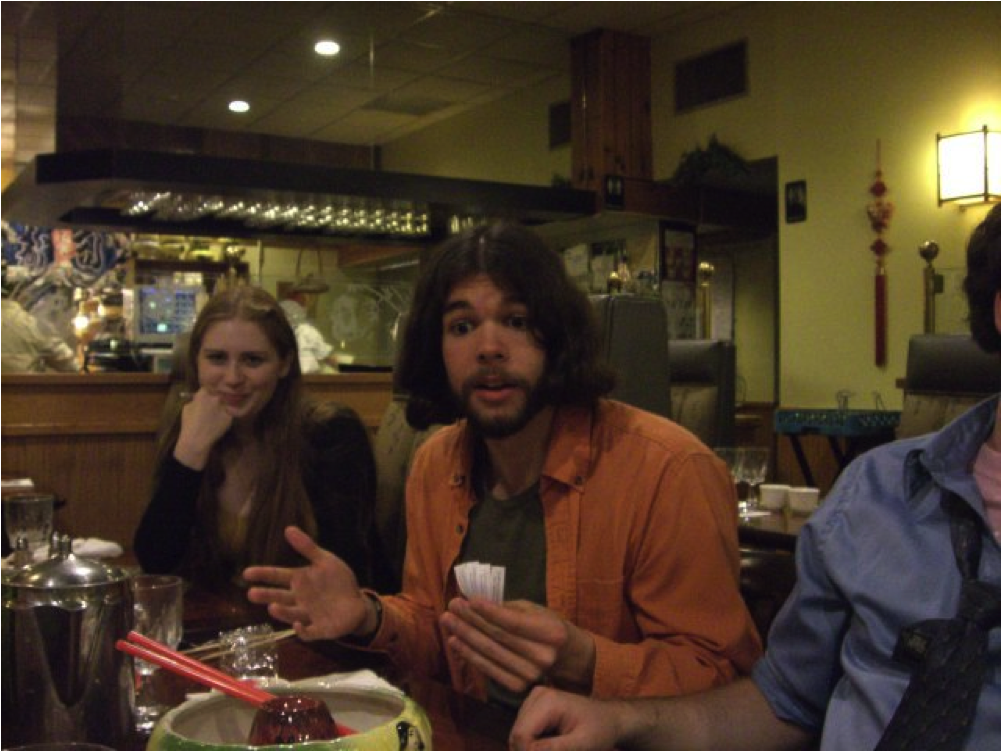

We pride ourselves in our diversity. Be it racial, socio-economic, ethnic, cultural, geographic, religious, linguistic or intellectual, Amherst battles against homogeneity within its student (and faculty) population with very high standards. One area in which we are sadly lacking, however, is that which is present around our male students’ faces. Specifically, the number of students with facial hair is grossly underrepresented.
But why the low quantities? According to a Facebook group I formed 6 months ago to gain feedback about my then budding beard (see: Facebook.com, The Debate of Our Era), many women have surprisingly negative attitudes against facial hair on their male counterparts. Now, this usually isn’t absolute: most female students I’ve talked to admit to finding some men with beards and/or mustaches attractive, but many believe that the look doesn’t suit the majority of Amherst men.
For example, when asked, Soo Kim ’14 replied that she thinks that only a select few outliers are handsome with some degree of hair, but that most guys who choose to grow out their beards should just “cut it all off.”
Girls also have different standards of hair that they prefer within that select subgroup of males for whom facial hair is appropriate. Some like the rugged, unshaven look, while others prefer short, well-kept goatees or even full-length beards. The one opinion they do hold in common is that a precondition for any facial hair is that it is kept well-groomed. Scruff of any kind is not to be tolerated. “If a guy is patchy or has a beard that’s unkempt, he has to get rid of it,” exclaimed Gabby Devlin ’14. So how do these reactions translate to the reality of male faces here at Amherst? First, it definitely engenders clean-shavedness. We tend to be very eager to please our female (and sometimes male) counterparts, and are consequently sensitive to their criticism. This results in our (often unwilling) compliance and removal of beards, mustaches and the occasional soul patch. I got rid of my own beard due mainly to overwhelming criticism.
However there is also a major disparity in taste between the genders. Guys, particularly those who have facial hair, tend to have far more positive outlooks and tend to even acknowledge far less criticism about it than their hairless counterparts.
Adrian Castro ’14, who has been toying with a mustache/small goatee, claims he caved to disapproval when he himself thought that the length and scraggliness got out of hand. When he grew tired of his roommate’s constant denunciations however, he claimed he grew his goatee out even more, “almost out of spite.” Joe Taff ’13, who has been growing his beard out since a high school soccer accident that left him unshaven for a week, says that he likes the way he looks and believes that many men shave only because it is the new cultural “default.” He says that despite an occasional “implicit” pressure to shave, he doesn’t experience opinions about his beard “either way.” People have grown to associate him with a certain look, so his otherwise anomaly has in a sense become his own norm. Taff also mentioned that the situation is different for him because of his long hair; a beard would look significantly different on someone with a short haircut.
So why don’t more guys don the bearded or mustachioed look? Besides the cultural shift, Taff suggests some men are deterred either by their physical inability to grow significant amounts of facial hair and others by the two-week in-between period when the hair is in its early, awkward stages. I agree on both accounts; the ability to grow dense facial hair is relatively rare and getting through those early stages of ragged scruff can be a very serious impediment.
Despite these obstacles, I think men who have the natural ability to grow facial hair should experiment with it, particularly during the month of “Novembeard” when the practice is more socially encouraged. So many other student attributes are diverse here - why shouldn’t facial hair be one of them?